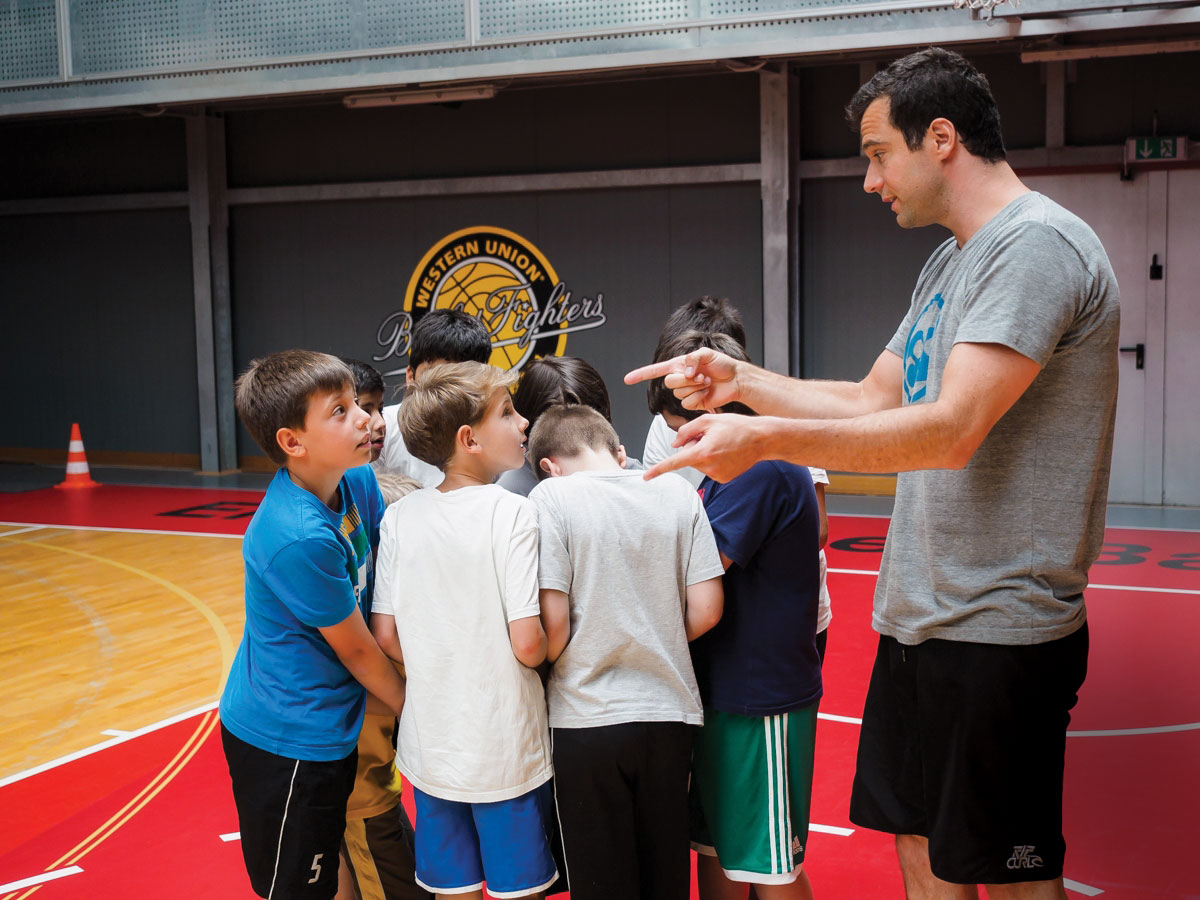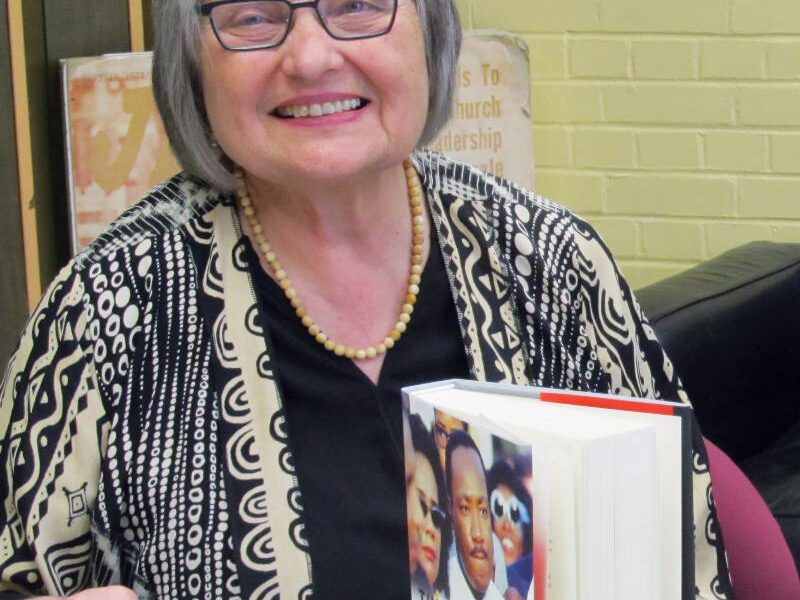In 2009, a year after two-time Olympic medalist Markus Rogan ‘14 (Los Angeles, MA in Clinical Psychology), set a new world record for the men’s 200m backstroke, the 27-year-old Austrian swimmer found himself in a fetal position on the ground outside a high-end nightclub in Rome, being slugged by security who punched like they were professional boxers.
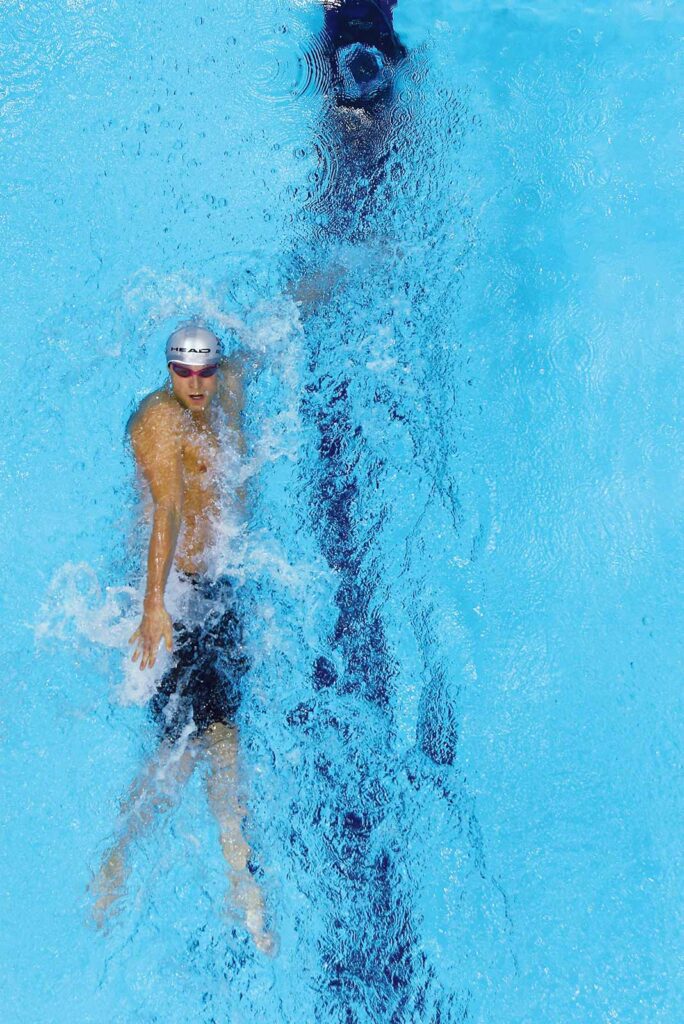
Rogan was drunk, behaving badly in a way that looks exacerbated by its contrast with the image of top tier athletes’ discipline, and being pummeled by the bouncers who’d just kicked him out of the club for the second time that evening. But neither the pain of the assault nor the public humiliation of Rogan’s belligerent intoxication was exactly a wake-up call.
His wolfish indulgence in alcohol and sex that booted him out that night was but a symptom of a problem still yet to be probed.
What did signal Rogan to his need for a reset was his performance in the pool that week at the XIII FINA World Swimming Championships. “I wasn’t delivering what I was capable of, and that’s a nice excuse for athletes—If something affects the performance, I’ll talk to someone,” Rogan says.
A sports psychologist, someone suggested, might renew his enthusiasm and optimize his performance in competition.
After Rome, Rogan made his way to southern California. There, a sport psychologist helped Rogan regain his game and, along the way, brought him into a meditation practice which initiated a deep journey to personal transformation.
Through the mental health work, when Rogan surveyed his life of athletic accomplishments and sports celebrity, he realized he’d been running on a hamster wheel for years, trying to chase away a general sense of anxiety, loneliness, and malcontent.
Austria’s Markus Rogan competes in the men’s 200m individual medley heats swimming event at the London 2012 Olympic Games on August 1, 2012 in London.
“There are really only a couple of people who understand what it’s like to be world champions. So you think, no one could ever understand me,” Rogan explains. With his psychologist, he questioned for the first time the motivating forces that were driving his swimming career. What was he truly striving for? What fueled that striving?
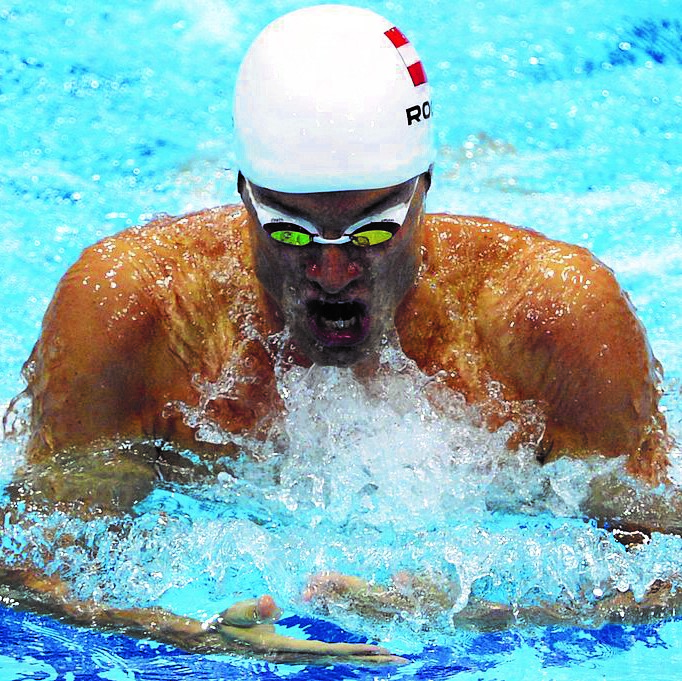
Despite years of solitary swims in the pool’s watery silence, Rogan was frustrated in his initial attempts at meditation’s meta-awareness. “At first I was angry, because I was paying this shit ton of money and we’re sitting here doing nothing. I thought, what the fuck.”
It took a year of coaching by his therapist for Rogan to sit quietly for ten minutes in stillness and learn to observe the fluctuations of his own thoughts without judgment. Over time, he realized that when his therapist guided him through meditation, the anxiety subsided.
Questions arose about identity, external validation, intrinsic desires, and the root cause of his endless wanting for an elusive more. When his psychologist asked him, “Do you love swimming?” Rogan realized that beneath the medals, money, media, and applause lay a true passion for moving freely in the three-dimensional space water provides.
Rediscovering a sense of playfulness in the water that he’d not felt since childhood, Rogan returned to his love for swimming. Through the therapy that got him there, he uncovered a desire to help others.
Rogan realized that beneath the medals, money, media, and applause lay a true passion for moving freely in the three-dimensional space water provides.
In 2009, the same year of the Rome nightclub incident, a friend in the banking industry asked Rogan, “You want to see something real?” They traveled to the friend’s home city of Addis Ababa, Ethiopia, and stayed a night with his friend’s family in his hometown’s slums.
“You can hear dogs running on the tin roofs,” Rogan remembers. “The whole roof shakes. But then there was so much love. They had these beautiful coffee ceremonies, and cooked on an open stove in the middle of the house. People are just closer.”
In a country where half the population is illiterate and lives below the poverty line, Rogan was struck by the contrast between his own struggles with wanting and the Addis Ababa community’s struggles with need. “I was completely disenchanted with trying to accumulate more and more. It doesn’t work. There’s no end to the more,” he says.
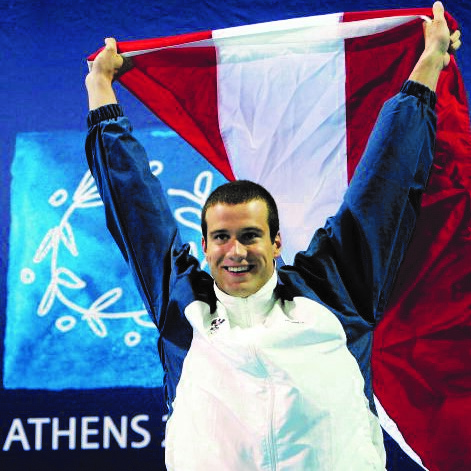
Olympic Win
Rogan Won Silver Medals In The Men’s 100 M Backstroke And The Men’s 200 M Backstroke At The 2004 Summer Olympics In Athens, Greece.
Charity work in Ethiopa and Mexico
After A 2008 Visit To Ethiopia, Rogan Founded My Hope Which Builds Schools For Children In Addis Ababa, Ethiopia.
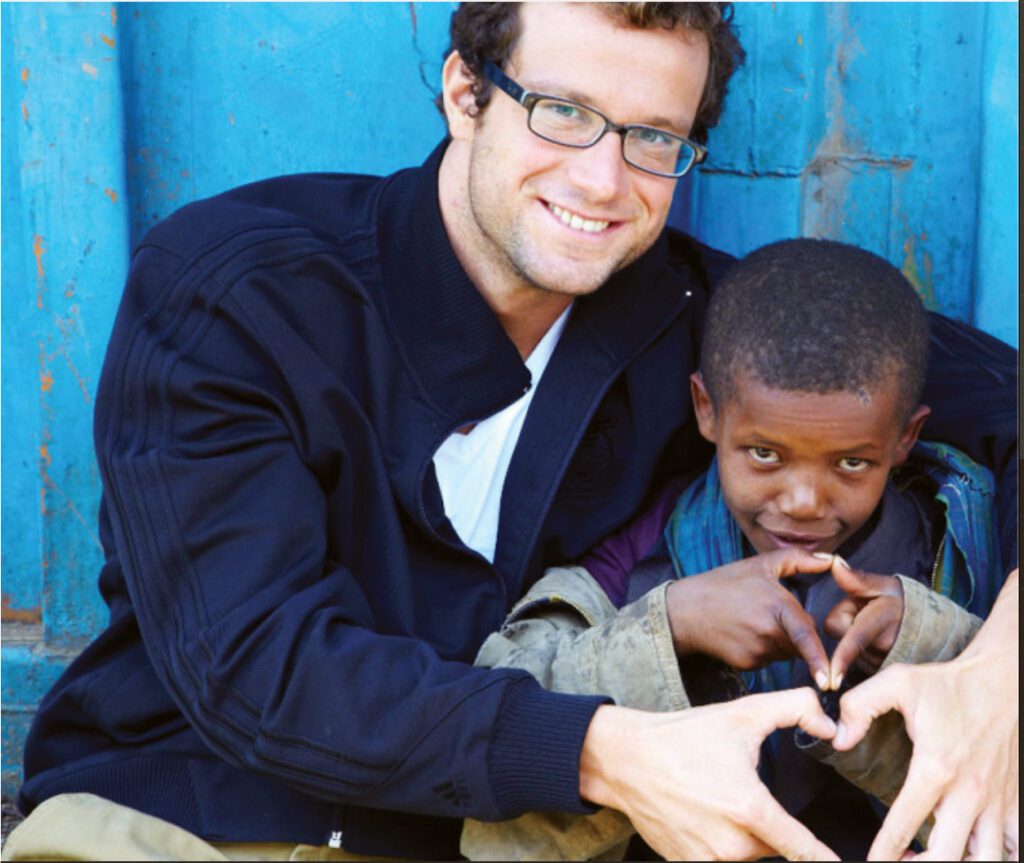
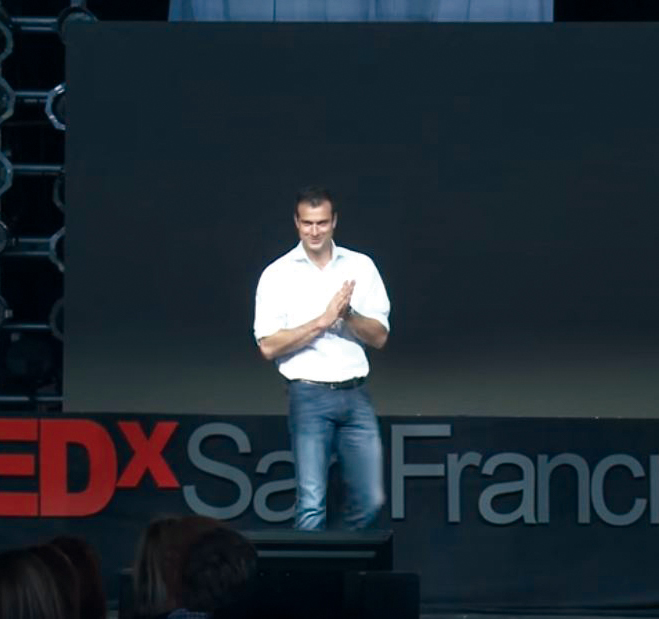
TED Talk
Rogan Presents His Talk “Rise And Fall Of A Self-Obsessed Olympic Medalist” At TEDx San Francisco In October Of 2015.
Israeli Soccer Team Mental Coach
In March Of 2019, Rogan Becomes The Mental Coach For The Israeli Men’s Soccer Team.
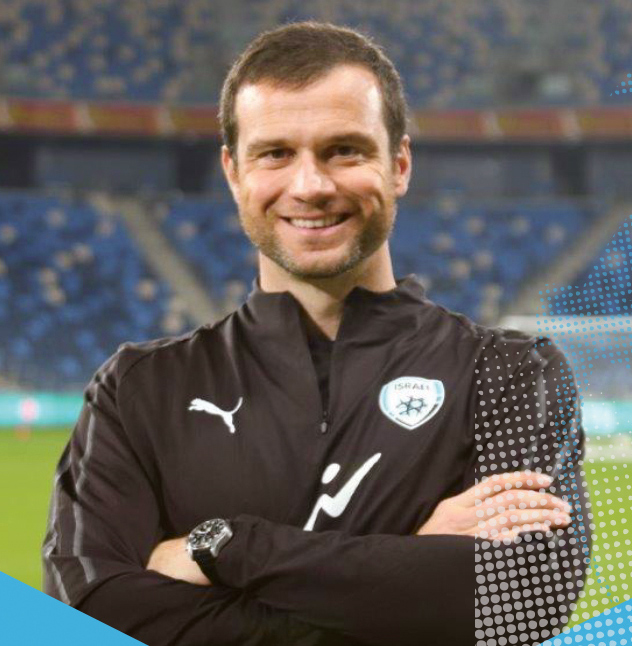
He saw an opportunity to help his friend’s community, where frequently children must trade education for work as shoe cleaners, maids, and sex workers. Rogan and a small team of volunteers conceived of an education model whereby sponsored students receive a stipend for attending school.
Now, supported through donations and sponsorships, My Hope (“Tesifayē” in Amharic, the official language in Ethiopia), educates students aged eight to eighteen, offering them a chance to escape the poverty cycle. “Our children in Addis Ababa did not care if I was the drunken disco scapegoat of the world championships; they just wanted a fair chance to get an education. This thought, and their acceptance, gave me the strength I needed to move on.”
Through his work with My Hope and his increasing interest in helping others, Rogan came to Antioch University Los Angeles for his Masters in Clinical Psychology, with an LGBT specialization.
Now, through his private practice in Beverly Hills, CA, Rogan works with professional athletes, youths struggling with identity, and adults.
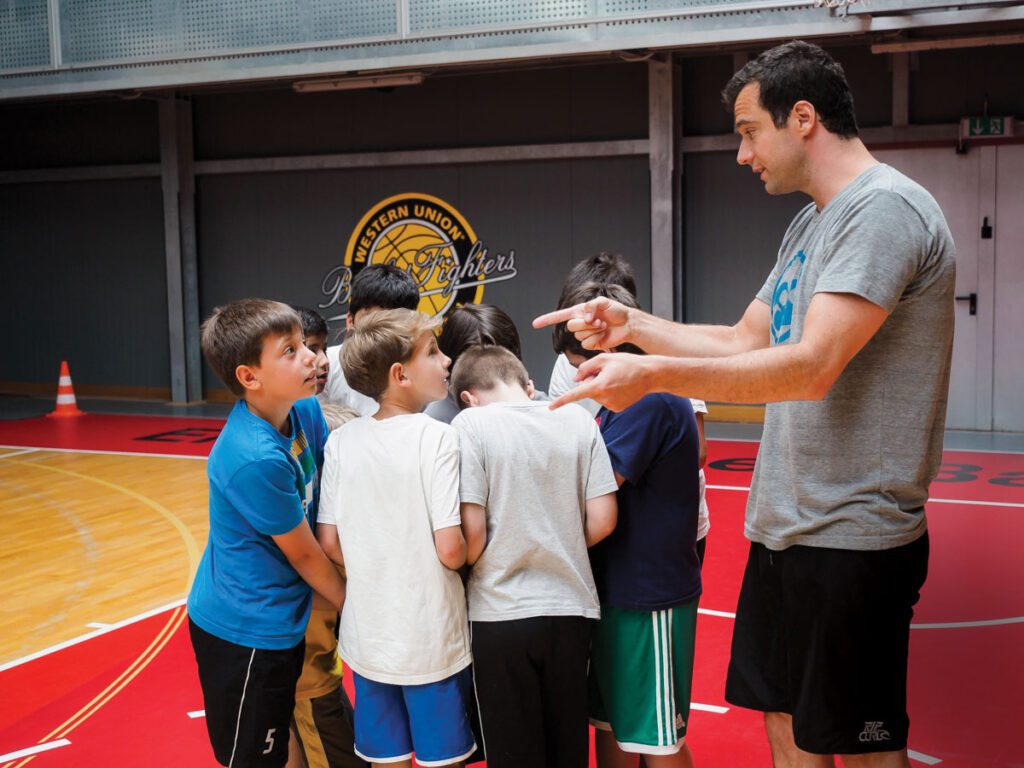
He regularly brings small groups to Tulum, Mexico where, through the embodied experience of free diving, attendees confront the vagaries of anxiety and the specific roots of fear. The spooky, water-flooded caves of Tulum invite these adventurers to directly engage with the relationship between their thoughts and body experience.
Rogan guides his clients through meditation practices so that they can observe the exquisite elegance of Tulum’s otherworldly underwater landscape. As one of the attendees of Rogan’s most recent dive trip experiences observed, “When you’re afraid you can never see beauty.”
Remembering his own journey that brought him from being a world champion swimmer to a therapist for others, Rogan says, “You just go one inch further and realize, Oh, the stories I’m telling.”

